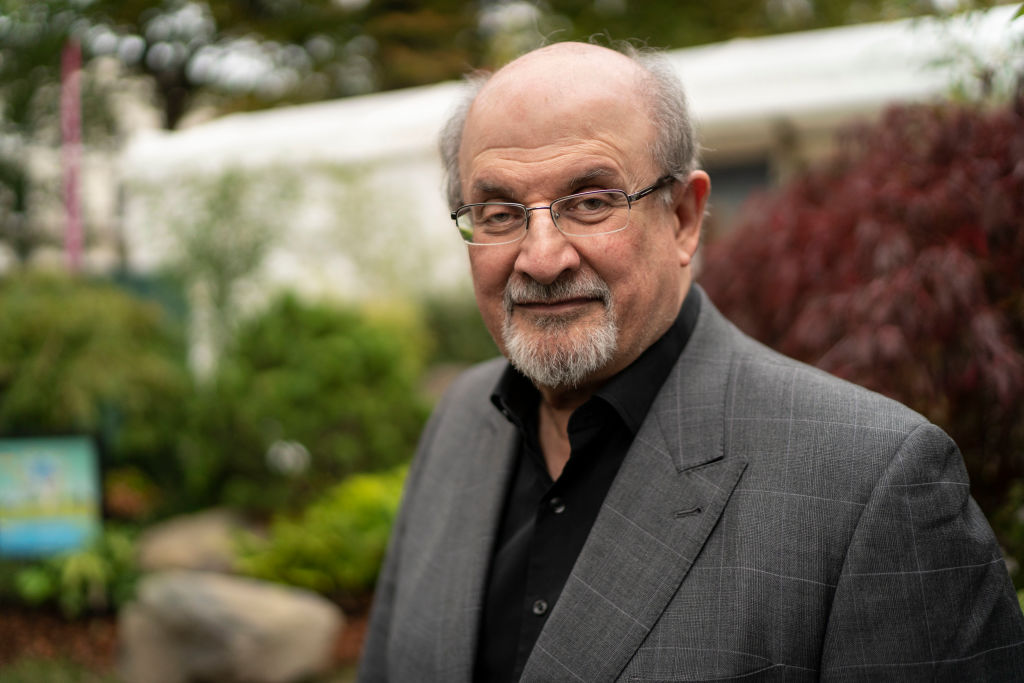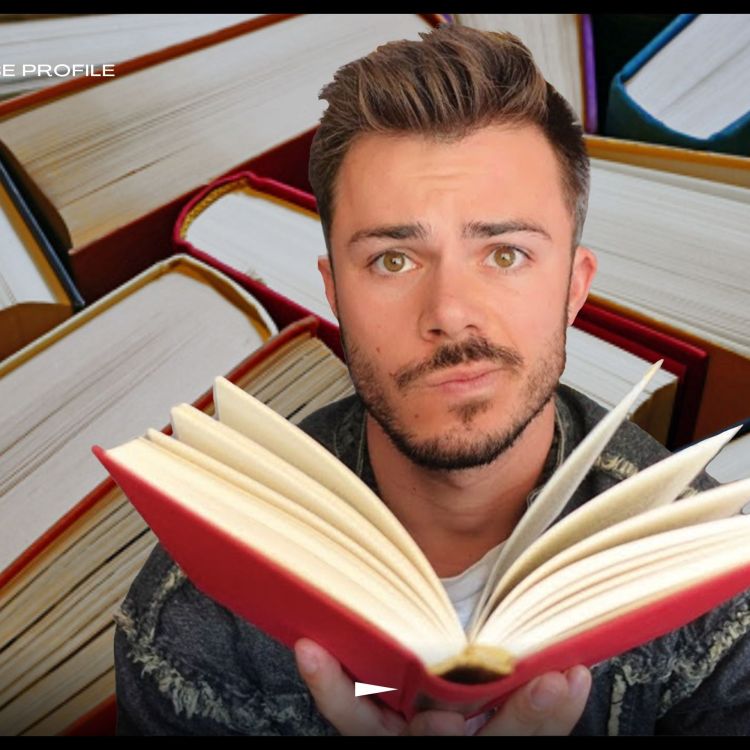For much of the 1990s, acclaimed author Salman Rushdie lived in hiding. Why? Because of a fatwa issued by the Ayatollah Khomeini, which put Rushdie’s life in danger after the publication of his novel The Satanic Verses. Years later, Rushdie reflected on this point in his life with his memoir Joseph Anton, in which he powerfully evoked the dislocating feeling of being constantly on the move and afraid for one’s life.
Understandably, it’s a subject Rushdie has been asked about repeatedly in interviews. But in a recent conversation with Rosanna Greenstreet at The Guardian, Rushdie discussed an unexpected side of his time in hiding, along with a host of other notable topics.
Chief among them? Rushdie’s own experience with COVID-19. “I got the virus early, and was unwell for two and a half weeks,” he told Greenstreet. “I was spared the worst symptoms; I realise more strongly every day that I’m one of the very lucky ones.”
The interview is wide-ranging in its scope, ranging from childhood memories to a cringe-worthy encounter with an anti-Semitic designer when Rushdie was in his early 20s. Especially interesting, given recent debates over policing and the nature of law enforcement, is Rushdie’s answer to the question about whether he’d had any close brushes with the law:
During the 1990s, when I needed police protection, I became good friends with quite a few officers of the law.
It’s interesting for both what he says and what he doesn’t say. Much of Rushdie’s fiction has been highly critical of state power used to violent ends. When it comes to his answer here, it’s a case where one wishes he had said a little more.
Subscribe here for our free daily newsletter.
Thanks for reading InsideHook. Sign up for our daily newsletter and be in the know.


















